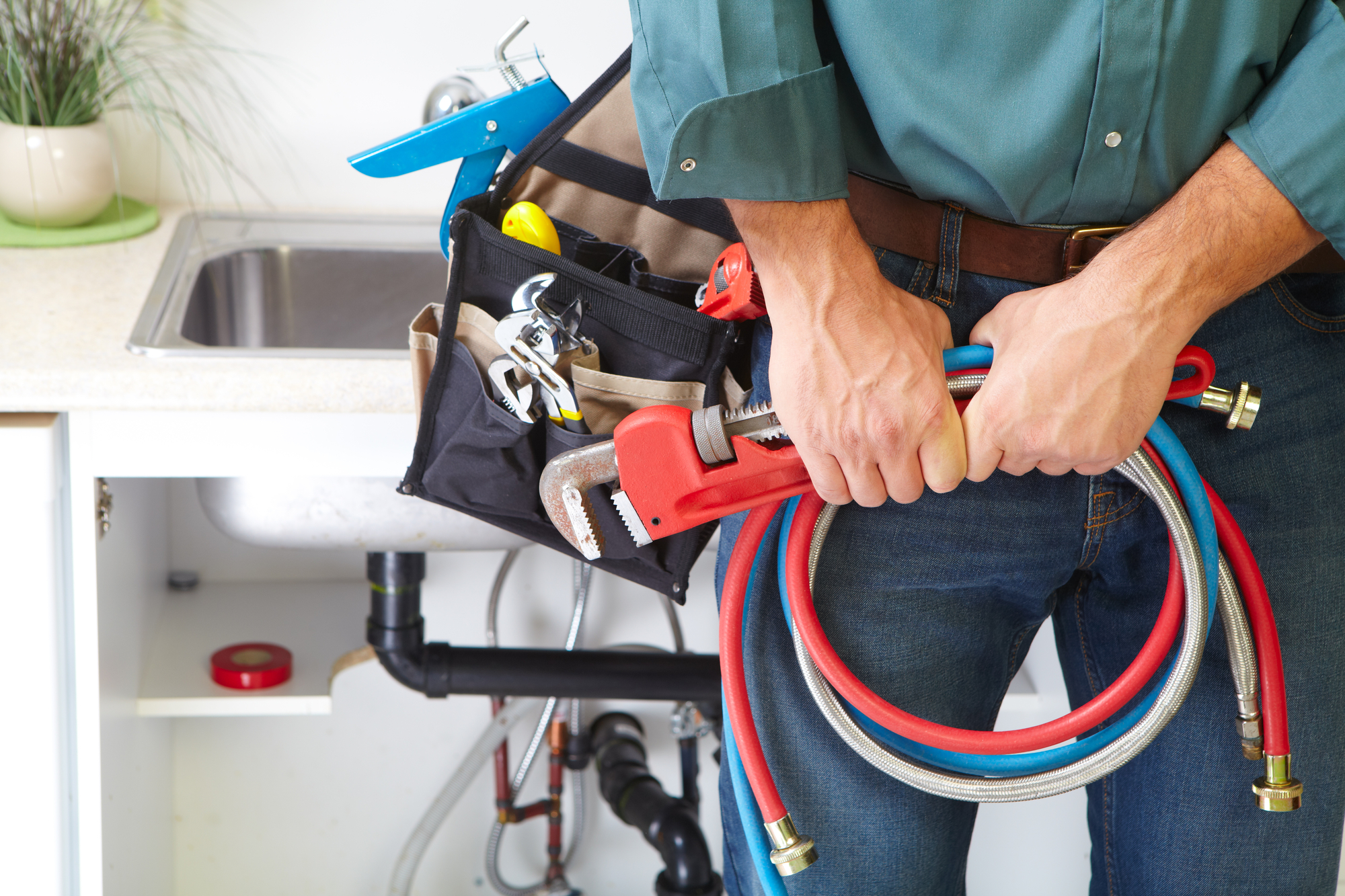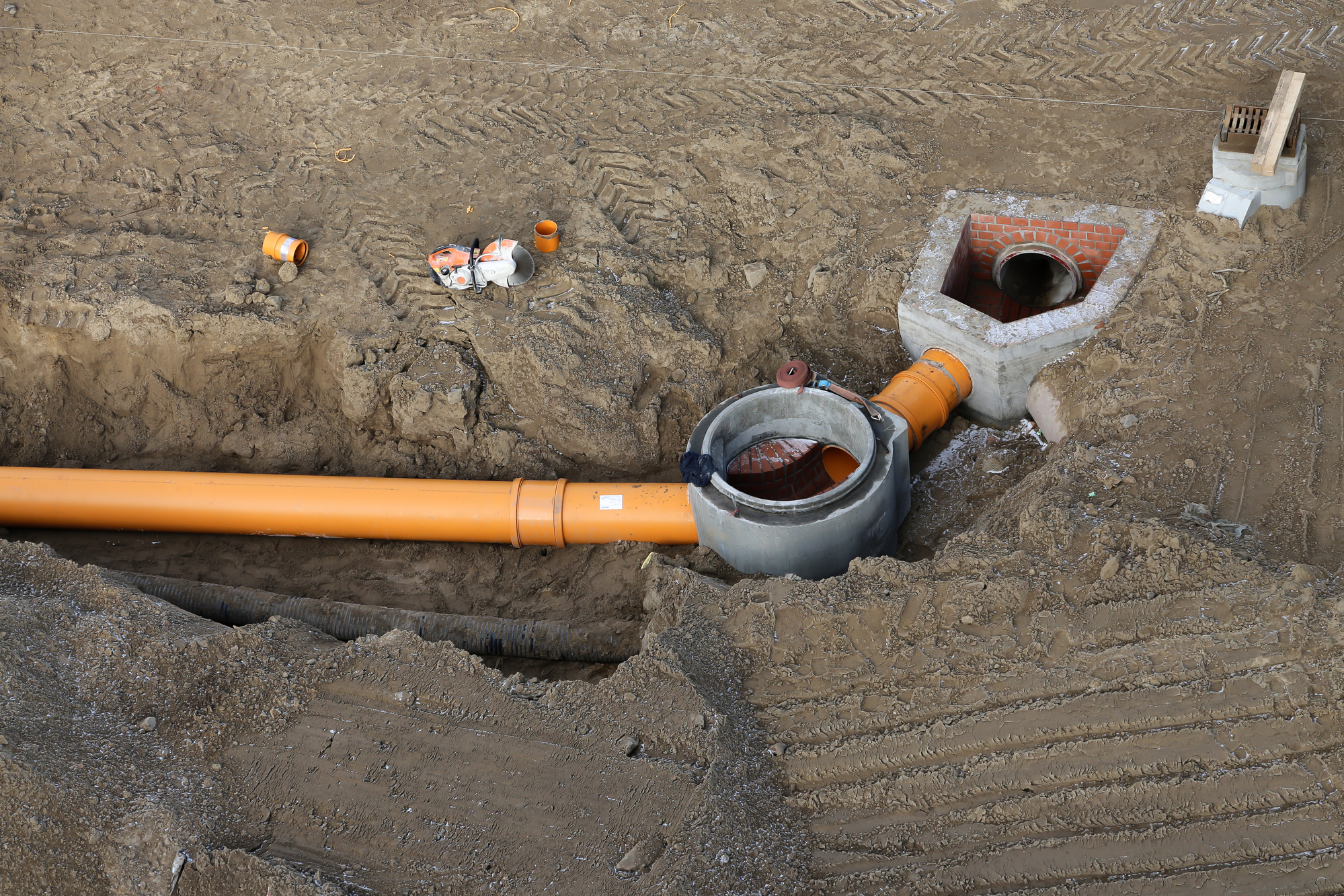Are you curious about how your home stays cozy and warm, thanks to your gas boiler? In our latest blog post, ‘How Does A Gas Boiler Work?’, we delve into the fascinating world of home heating systems. Discover the ingenious mechanics behind gas boilers, the unsung heroes of our comfortable living spaces. We’ll guide you through the seamless process of how these efficient machines convert natural gas into heat, keeping your home snug during chilly days. This informative guide provides a comprehensive understanding of gas boilers, a crucial component of your home’s heating system, ensuring a comfortable and efficient living environment.
What exactly is a gas boiler?
In essence, a gas boiler can be likened to a controlled furnace or fire, managed by your thermostat. Its primary purpose is to serve as a heating source and supply hot water, serving two crucial functions:

- Central Heating: When you turn on your central heating, your gas boiler pumps hot water through radiators, ensuring a cozy environment during chilly months.
- Hot Water Supply: Gas boilers heat water in a tank, maintaining a consistent temperature for use in sinks, baths, and showers, ensuring reliable access to hot water for your daily needs.
Functionality of gas boilers and central heating systems
Gas boilers are a common fixture in homes and workplaces, providing essential heating and hot water. Despite their prevalence, the inner workings of these vital appliances often remain a mystery to many. In this article, we will delve into the world of gas boilers, exploring their components, safety features, lifespan, and how to choose the right type for your needs, whether it’s a combi, system, or heat-only boiler.

How does a gas boiler operate?
If you wonder how a gas boiler works? A gas boiler operates by burning natural gas to heat water, providing warmth to your home. Here’s how it works: When you activate your heating system, natural gas from your home’s supply enters the boiler. This gas is ignited in a specially designed combustion chamber, a secure part of the boiler.
The heat generated from burning the gas heats a heat exchanger. This component is crucial as it transfers the heat to the water without the two coming into direct contact. This heated water then travels through the pipes and radiators of your home, spreading warmth.
The process of burning gas creates byproducts, primarily water vapor and carbon dioxide. These are safely released outside through a flue, a pipe that expels exhaust gases.
Your gas boiler is also linked to a thermostat. This device ensures the boiler operates efficiently, turning it on or off to maintain your desired indoor temperature. This not only keeps your home comfortably warm but also helps in conserving energy.
Central heating: A circulatory process
Central heating functions like a circuit, with hot water pumped from the boiler into each radiator sequentially. Though the water may lose some heat as it circulates through radiators, the boiler restores its temperature, ensuring consistent warmth. The thermostat plays a pivotal role in maintaining your home’s temperature within a few degrees of your desired setting.
Hot water supply: Meeting your needs
Gas boilers also serve to heat water, achieving this by circulating water over a flame. This process occurs in two ways:
- Instant Hot Water: Combi boilers provide instant hot water, ensuring 24/7 access without needing storage tanks.
- Tank Heating: System and heat-only boilers heat water in a tank, which is then used as a medium to heat the water that comes out of your taps.
Exploring the inner workings of a gas boiler
Gas boilers are intricate devices comprising various components that work in tandem to provide warmth and hot water. Key components and their functions include:
- Valve: Regulates the entry of gas into the combustion chamber.
- Gas Burner: Burns gas to generate heat for your home and hot water.
- Heat Exchanger: Safely transfers heat to water by passing it through a pipe within the heated gas chamber.
- Pump or Fan: Pushes hot water out of the boiler and into the system or a separate tank.
- Flue or Waste Pipe: Connects the boiler to an exterior part of the property, safely releasing by-products such as water vapor and carbon monoxide.
- Central Control Board: This allows you to control your boiler.
The role of electricity
Though gas boilers primarily rely on gas for heating, they require a small amount of electricity to operate certain components and mechanisms. Electricity powers elements such as gas flow control valves, digital displays, and smart thermostats, enhancing the functionality of central heating systems.
Types of gas boilers
There are three primary types of gas boilers:
- Combi Boilers: Ideal for small to average-sized households, these boilers circulate hot water in the central heating system and provide instant hot water when you turn on a tap. They do not require storage tanks but may experience a drop in pressure and temperature when multiple taps or showers are used simultaneously.
- Heat Only Boilers: Also known as conventional or regular boilers, they heat water in the central heating system and a separate circuit warms up a hot water tank. These are suitable for larger households but may require waiting for the water to reheat when it’s used up.
- System Boilers: Similar to heat-only boilers but fed by mains water, they save space and offer advantages and drawbacks similar to heat-only systems.
Lifespan of gas boilers
The lifespan of a gas boiler depends on maintenance and care, but replacing it every 15 years is generally recommended. Over time, even the most reliable boiler parts can wear out, making investing in a new model cost-effective. Many gas boilers come with warranties, some lasting up to 12 years, providing continued support and peace of mind.
Indications for replacing your gas boiler
Signs that it may be time to replace your gas boiler include frequent breakdowns, loss of pressure, or unusual noises from your central heating. Unexpectedly high gas bills could also indicate reduced efficiency. In such cases, consult a gas-safe engineer for expert advice on repairs or upgrading to a new model.
Maintaining your gas boiler
Regular maintenance is essential to ensure the longevity and efficiency of your gas boiler. An annual service performed by a Gas Safe accredited engineer includes safety checks and ensures all components are functioning correctly. Additional tips for boiler care include running it for around 15 minutes even in the summer months, monitoring boiler pressure, and bleeding radiators if needed. These measures not only extend your boiler’s life but also reduce utility bills and environmental impact.
Boiler servicing
To keep your gas boiler safe and efficient, annual servicing by a qualified gas-safe engineer is crucial. Neglecting this can void your warranty and lead to expensive repairs. Install a carbon monoxide detector for added safety, which is also a legal requirement in rental properties.
Gas boiler efficiency
Gas boiler efficiency is rated using the ERP (Energy-related Products) Directive, which assigns ratings from A+++ (high performance) to G (low performance). These ratings consider how effectively a boiler converts fuel into heat and minimizes heat loss. An energy label displaying the ERP rating is mandatory for all water and space heating appliances, including gas boilers.
Safety first
Modern gas boilers are equipped with advanced safety features, such as sealed or balanced flues, ensuring the safety of occupants and homes. Unlike older models with open flues that could pose carbon monoxide risks, modern boilers draw air from outside, preventing the escape of toxic gases.
Conclusion
The operation of a gas boiler is a remarkable blend of simplicity and efficiency. By understanding how a gas boiler works, you can appreciate the intricate process that goes into heating your home. It’s a system where natural gas is converted into heat, ensuring your living spaces remain warm and comfortable. Remember, regular maintenance is key to keeping your gas boiler functioning optimally. We hope this insight into gas boiler mechanics helps you recognize its crucial role in your central heating system. Stay tuned for more informative content, and always feel empowered knowing how your household essentials work!






